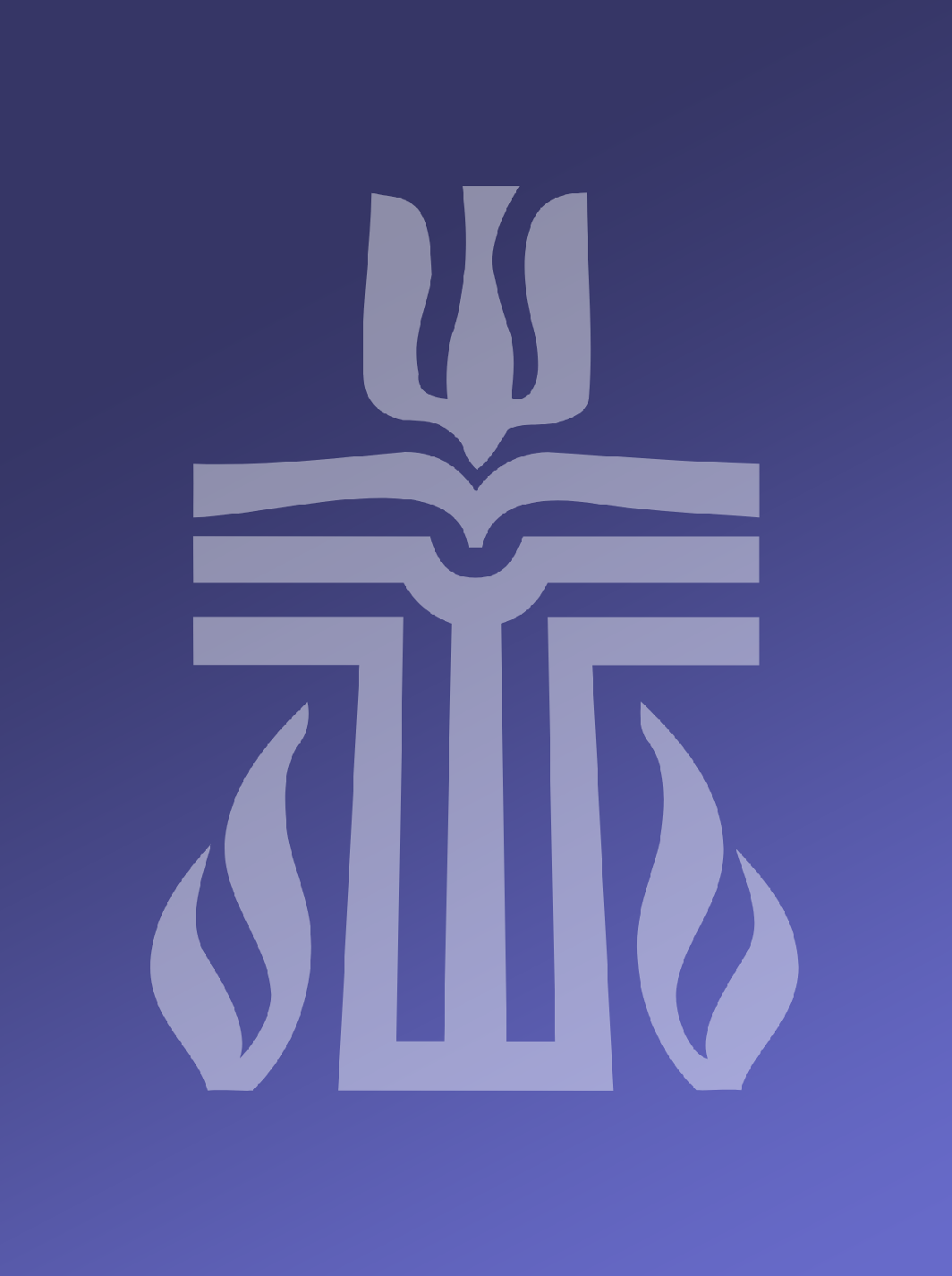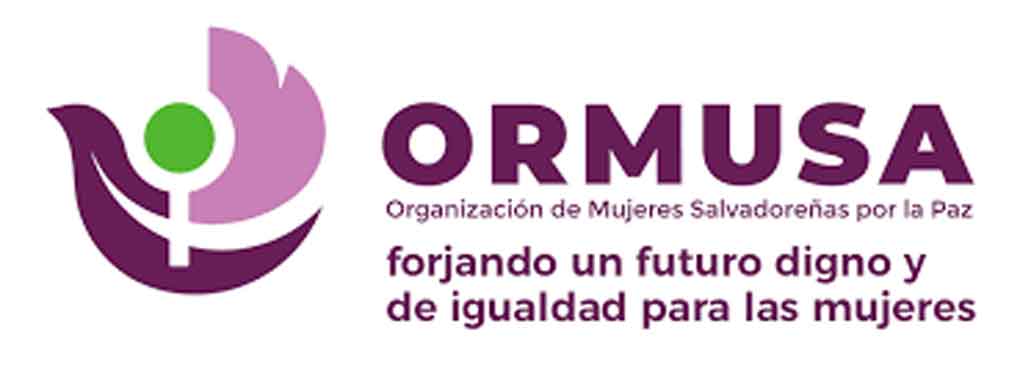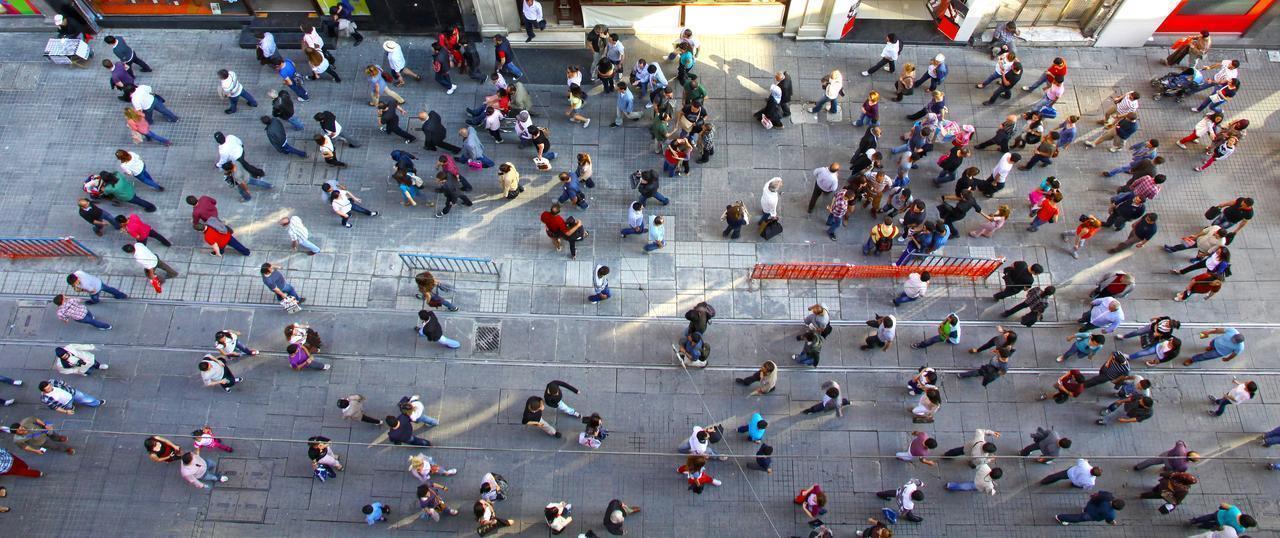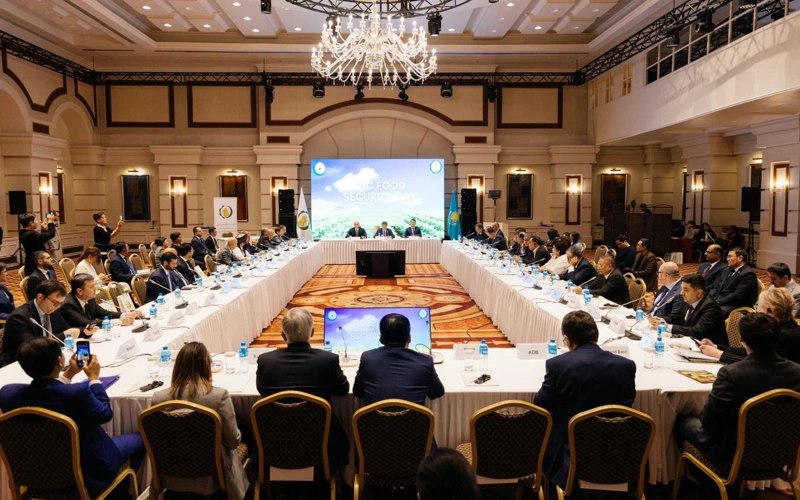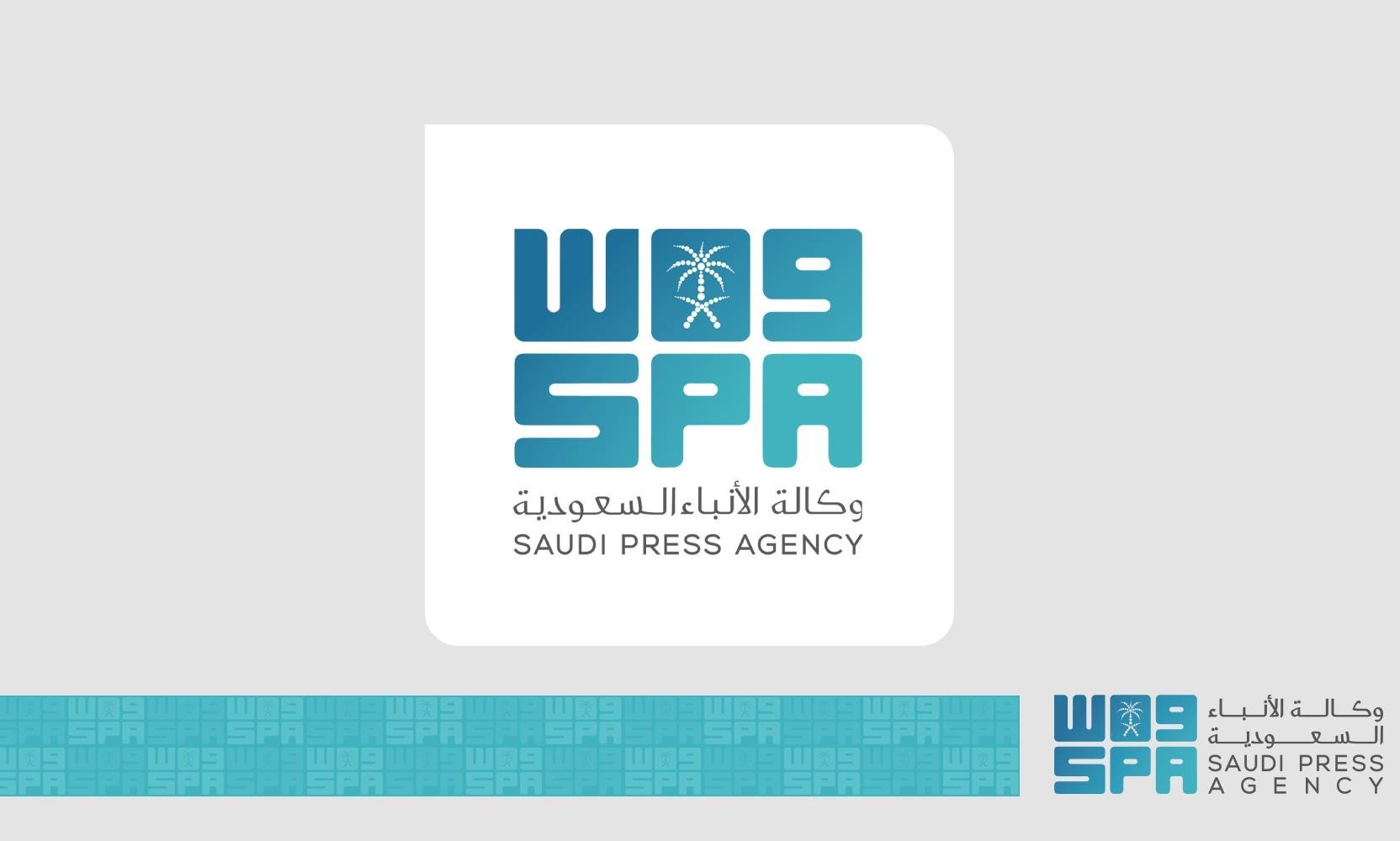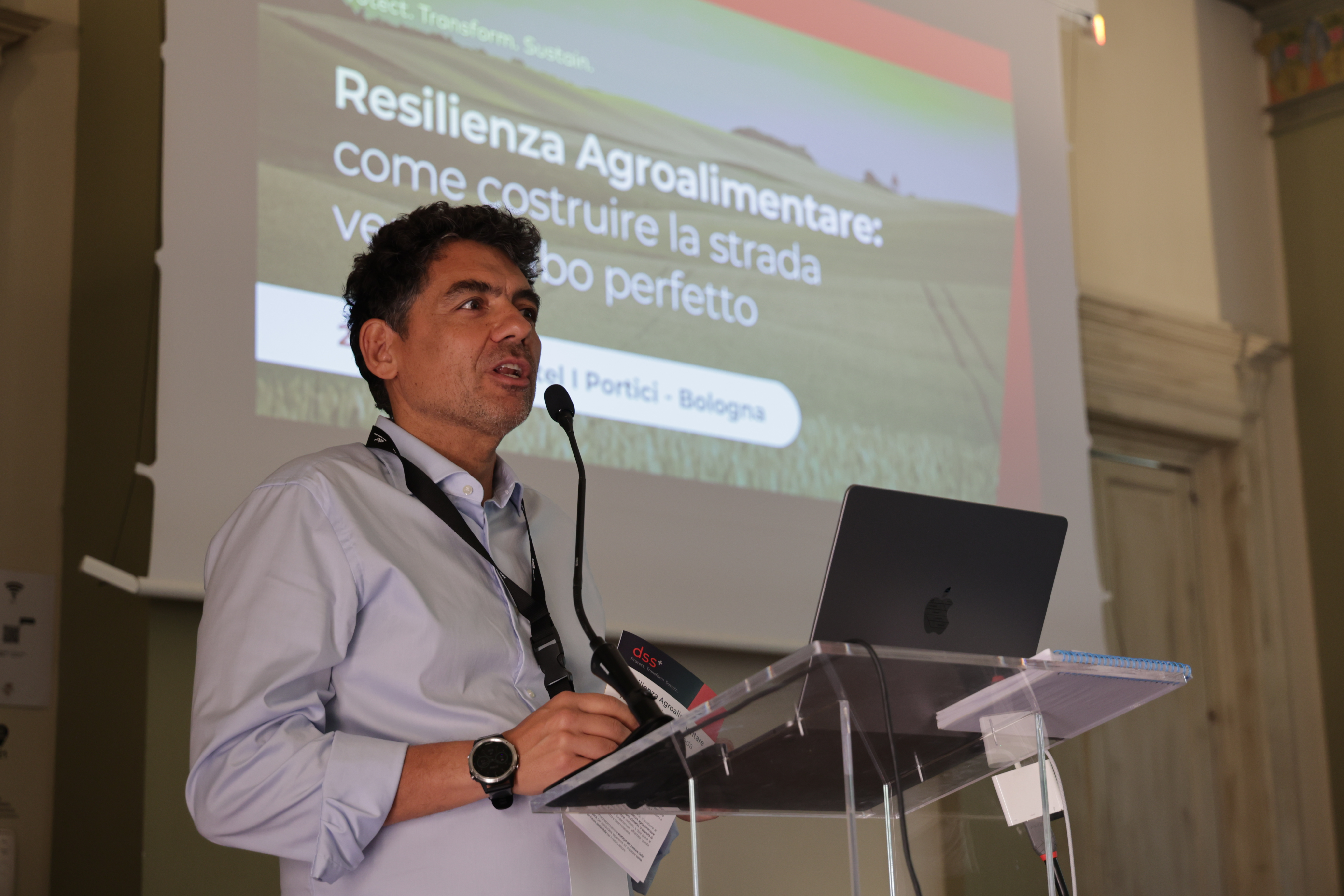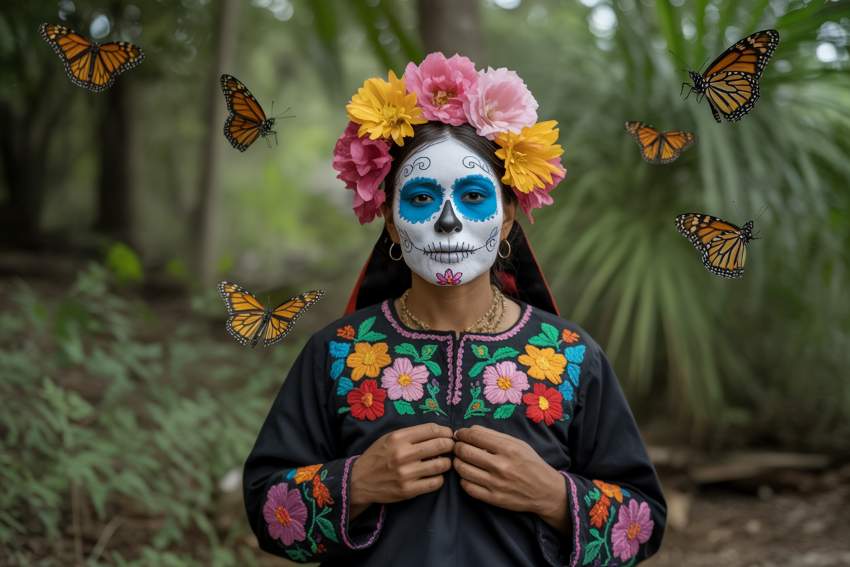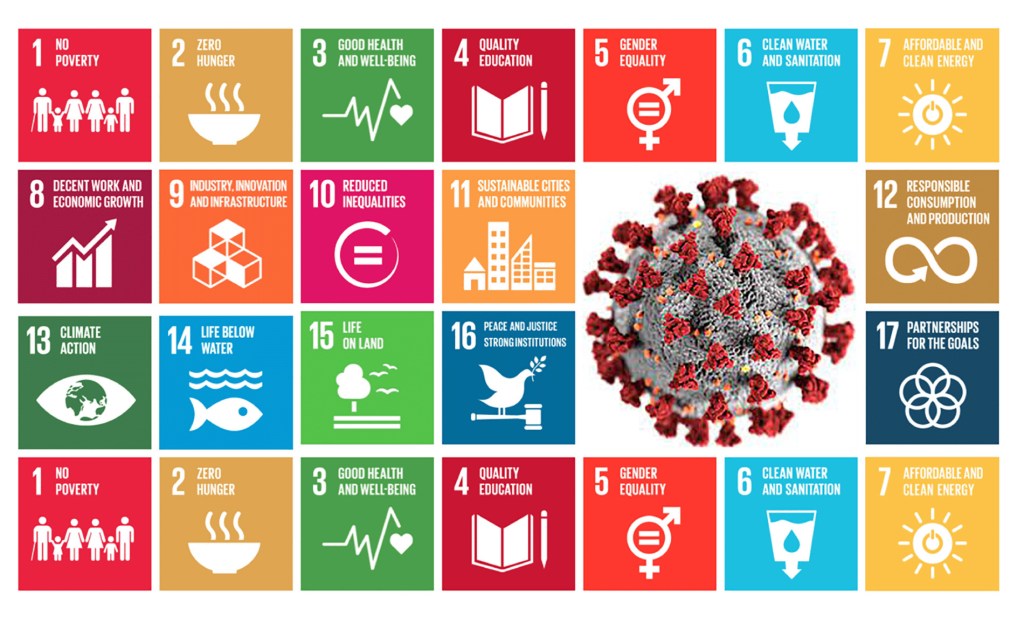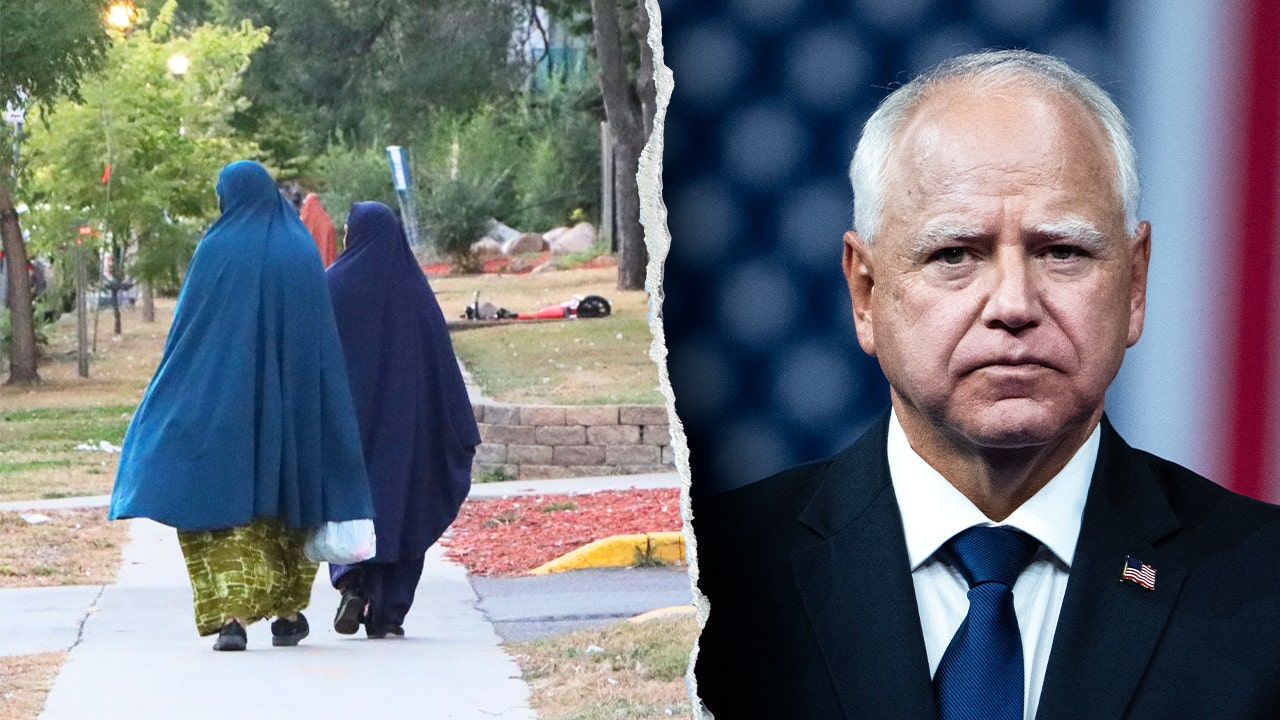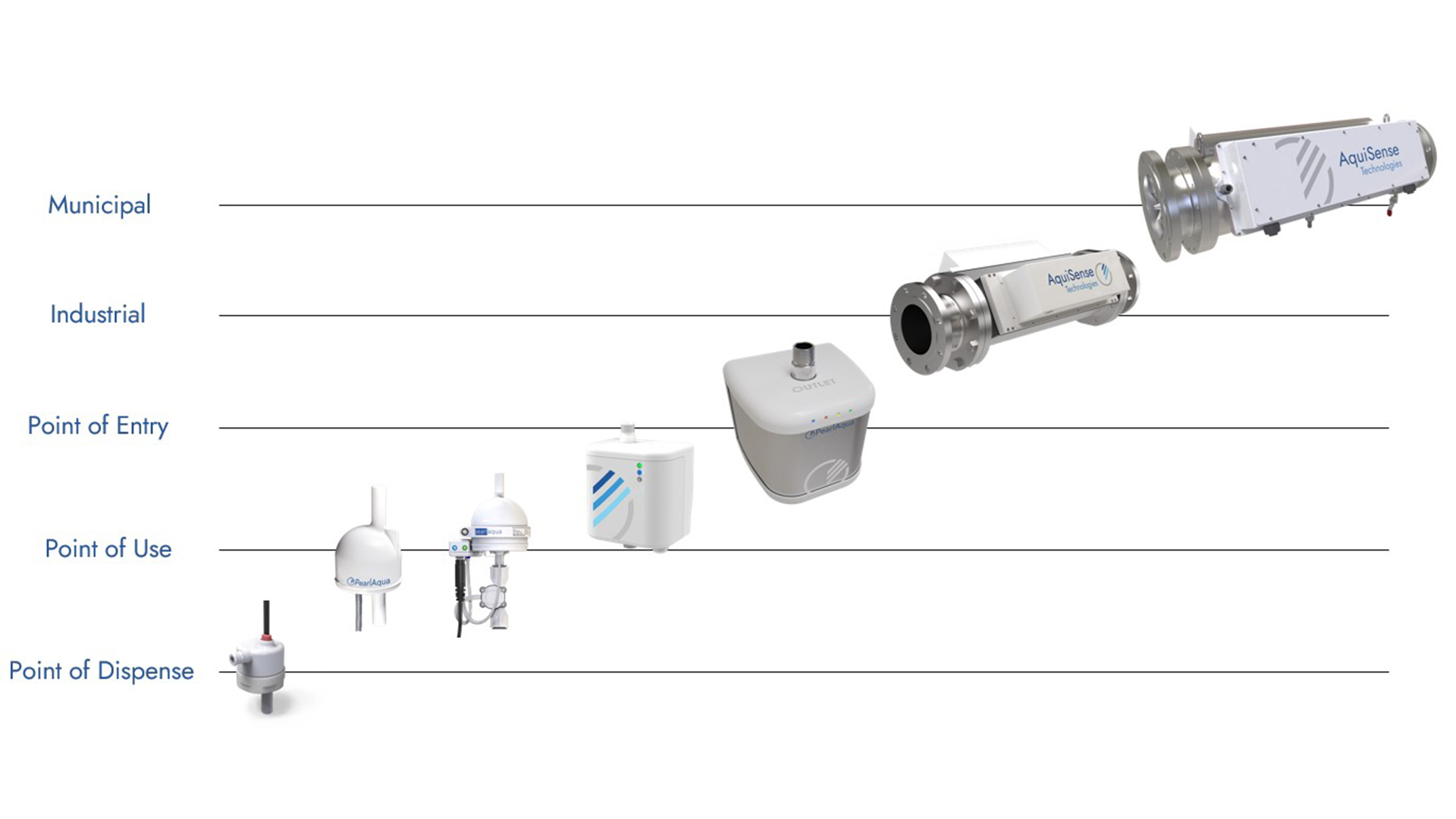Moroccan feminist sentenced to 30 months for blasphemy due to T-shirt slogan – France 24

Report on the Sentencing of Ibtissame Lachgar and its Implications for Sustainable Development Goals
Case Summary
- Subject: Ibtissame Lachgar, a 50-year-old Moroccan feminist activist and clinical psychologist.
- Charge: “Offending Islam”.
- Incident: Lachgar was arrested after posting a picture online of herself wearing a T-shirt with the phrase “Allah is lesbian”.
- Verdict: A court in Rabat sentenced her to 30 months in prison and imposed a fine of 50,000 dirhams ($5,500).
- Legal Status: The defense team has announced its intention to appeal the court’s decision.
Analysis in Relation to SDG 5: Gender Equality
The case has direct implications for the achievement of SDG 5, which aims to achieve gender equality and empower all women and girls.
- Target 5.1 – End all forms of discrimination against all women and girls everywhere: Lachgar stated her action was a “feminist slogan… against sexist ideologies and violence against women.” The prosecution of such expression can be seen as a barrier to eliminating discriminatory social norms.
- Target 5.2 – Eliminate all forms of violence against all women and girls: By penalizing activism aimed at challenging ideologies that underpin gender-based violence, the verdict may hinder efforts to create a safe environment for women and girls.
- Target 5.c – Adopt and strengthen sound policies and enforceable legislation for the promotion of gender equality: The application of law in this case raises questions about its alignment with the goal of promoting and protecting women’s rights and their advocates.
Analysis in Relation to SDG 16: Peace, Justice and Strong Institutions
The verdict directly impacts several targets within SDG 16, which focuses on promoting just, peaceful, and inclusive societies.
- Target 16.10 – Ensure public access to information and protect fundamental freedoms: The sentence has been described by human rights groups as a “shocking” attack on the fundamental freedom of expression. This action runs counter to the objective of protecting such freedoms, which are essential for a just and inclusive society.
- Target 16.3 – Promote the rule of law… and ensure equal access to justice for all: The case highlights a conflict between laws concerning religious offense and the protection of fundamental human rights. It raises concerns about whether the justice system provides equal access and protection for activists and those expressing dissenting views.
- Target 16.B – Promote and enforce non-discriminatory laws and policies for sustainable development: The use of blasphemy laws to prosecute feminist expression can be viewed as a discriminatory application of law that impedes sustainable development by stifling critical voices and reinforcing inequality.
Analysis in Relation to SDG 10: Reduced Inequalities
The prosecution and sentencing of Ibtissame Lachgar are relevant to SDG 10, which calls for reducing inequality within and among countries.
- Target 10.2 – Empower and promote the social, economic and political inclusion of all: The verdict may have a chilling effect on the public and political participation of women and activists, thereby reinforcing existing inequalities based on gender and belief.
- Target 10.3 – Ensure equal opportunity and reduce inequalities of outcome: By penalizing a prominent feminist voice, the judicial outcome contributes to inequalities of outcome, where certain groups face legal repercussions for expressing views aimed at achieving social justice.
-
SDGs Addressed or Connected to the Issues
The issues highlighted in the article are primarily connected to two Sustainable Development Goals:
-
SDG 5: Gender Equality
The article focuses on a feminist activist, Ibtissame Lachgar, whose activism is aimed “against sexist ideologies and violence against women”. This directly aligns with the goal of achieving gender equality and empowering all women and girls.
-
SDG 16: Peace, Justice and Strong Institutions
The case involves a court sentencing, a legal appeal process, and a debate on fundamental rights. The statement from the Moroccan Association for Human Rights calling the sentence an “attack on freedom of expression” points directly to the themes of justice, human rights, and the role of institutions in protecting fundamental freedoms, which are central to SDG 16.
-
-
Specific Targets Identified
Based on the article’s content, the following specific targets can be identified:
-
Target 5.2: Eliminate all forms of violence against all women and girls in the public and private spheres.
Ibtissame Lachgar explicitly states that her activism is “against sexist ideologies and violence against women”. This shows a direct connection to the goal of eliminating violence against women.
-
Target 16.3: Promote the rule of law at the national and international levels and ensure equal access to justice for all.
The article details a legal case where an activist is sentenced for expressing her views. The plan to appeal the decision and the “shocking” verdict highlight issues related to the application of the rule of law and access to what is perceived as fair justice.
-
Target 16.10: Ensure public access to information and protect fundamental freedoms, in accordance with national legislation and international agreements.
The core issue is the sentencing of an individual for exercising her right to expression. The Moroccan Association for Human Rights describes the sentence as an “attack on freedom of expression,” which directly relates to the protection of fundamental freedoms as outlined in this target.
-
-
Indicators Mentioned or Implied
The article implies several indicators that can be used to measure progress:
-
Indicator related to Target 5.2: Prevalence of violence against women.
While no statistics are provided, Lachgar’s statement that her slogan is “against sexist ideologies and violence against women” implies that such violence is a significant issue in the context of her activism. The prevalence of this violence is a key indicator of progress towards Target 5.2.
-
Indicator related to Target 16.10: Legal and institutional frameworks for protecting fundamental freedoms.
The article implies this indicator through its focus on the court’s decision to sentence an activist for “offending Islam” based on her expression. The existence and implementation of laws that restrict freedom of expression, as highlighted by the human rights group’s condemnation, serve as a measure of how well fundamental freedoms are protected. The case itself is an example of the legal framework being applied in a way that is seen as an “attack on freedom of expression.”
-
-
Table of SDGs, Targets, and Indicators
SDGs Targets Indicators SDG 5: Gender Equality Target 5.2: Eliminate all forms of violence against all women and girls. The implied prevalence of “sexist ideologies and violence against women,” which the activist’s slogan was intended to protest. SDG 16: Peace, Justice and Strong Institutions Target 16.3: Promote the rule of law… and ensure equal access to justice for all. Target 16.10: Ensure public access to information and protect fundamental freedoms.
The application of the legal framework in a manner that human rights groups call an “attack on freedom of expression,” indicating a potential lack of protection for this fundamental freedom.
Source: france24.com

What is Your Reaction?
 Like
0
Like
0
 Dislike
0
Dislike
0
 Love
0
Love
0
 Funny
0
Funny
0
 Angry
0
Angry
0
 Sad
0
Sad
0
 Wow
0
Wow
0

